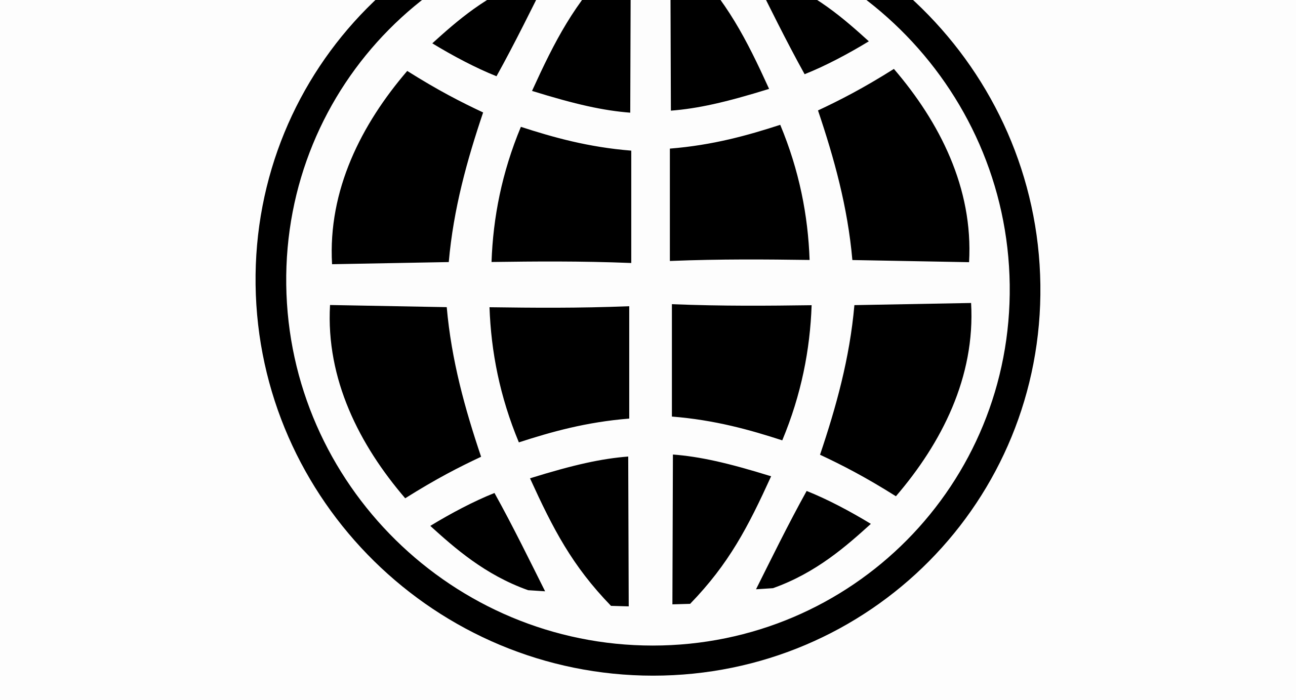The World Bank Board of Executive Directors on February 15 endorsed an adjusted approach to support the people of Afghanistan. “Approach 3.0” will deploy funds from the International Development Association (IDA) through grants to United Nations agencies and other public international organizations. These funds will continue supporting basic services nationwide, particularly those benefiting women, and will be outside the control of Afghanistan’s Interim Taliban Administration (ITA), the World Bank said.
Since August 2021, the World Bank Group has been providing support through Afghanistan Resilience Trust Fund (ARTF) financing. Over $1.5 billion of ARTF funds have been channeled through partners on the ground, benefitting more than 25 million Afghans nationwide. These resources initially aided Afghanistan’s humanitarian needs, and for the past two years have supported critical basic services such as food, water, health, education, and jobs.
The IDA funds are being made available now at the request of the ARTF donors to complement ARTF and sustain the results ARTF funds have supported to date. The World Bank Group said it will continue to work with all multilateral and bilateral partners to ensure coordinated basic services aid for the Afghan people.
Approach 3.0 will continue implementing the “principled approach,” started under Approach 2.0, which puts women at the center of projects and ensures that project activities are implemented by and for women. The World Bank Group’s independent third-party monitoring agent will continue to verify all project activities.
As part of delivering basic services at scale, Approach 3.0 will support employment opportunities by bolstering income-generating activities, especially in the area of microfinance, by facilitating the participation of the private sector in delivery of aid.
At the request of the three neighboring countries participating in the project, the Central Asia-South Asia Electricity Transmission and Trade Project (CASA-1000) in Afghanistan will be resumed. CASA-1000 is a $1.2 billion regional project to bring clean energy from Tajikistan and the Kyrgyz Republic to Pakistan via Afghanistan. Construction in the other three participating countries is nearly complete and these countries have requested that CASA-1000 activities in Afghanistan resume to avoid the risk of the project becoming a stranded asset. The project in Afghanistan will resume in a ring-fenced manner to ensure all construction payments and future revenue are managed outside of Afghanistan and do not involve ITA systems.
Also, under Approach 3.0 the World Bank Group will continue to produce analytical work on areas such as financial sector, private sector, and poverty surveys as part of the Afghanistan Futures program of research, monitoring, and knowledge sharing to engage with the international community and underpin support to the Afghan people.

